Science Talks: Science as a source of friction - between a beacon of hope and the impetus of criticism
19 Oct 2022
The Science Talks kick-off event raises the question of what role science plays in today's society.
19 Oct 2022
The Science Talks kick-off event raises the question of what role science plays in today's society.
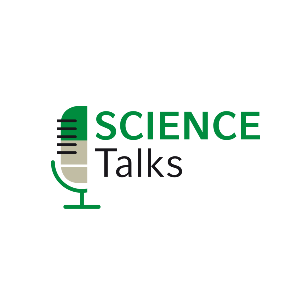
With climate change, an ongoing pandemic, and economic uncertainties, the sciences face an unprecedented challenge. Expectations are high. Many people are hoping for answers and solutions from scientists, but at the same time skepticism about research seems to be on the rise and conspiracy theories are spreading like wildfire.
In a discussion with four renowned representatives from science, business, politics and society, the "Science Talks" kick off by approaching this area of tension from various angles. What opportunities are opened up by stronger cooperation across the various fields of action? And where might the limits of public communication of and about science and its performance lie?
Tuesday, October 25, 2022 at 7:00 p.m.
In the Great Hall of the LMU (Geschwister-Scholl-Platz 1) and as livestream
More information about the Science Talks
Contakt: ringvorlesung@lmu.de
The "Science Talks" will be held in German. A recording with English subtitles will be published on YouTube one week after the event.
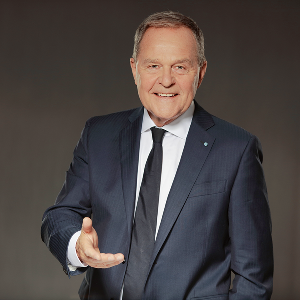
© Bildarchiv Bayerischer Landtag, Foto Stefan Obermeier
"The recent past in particular highlighted the paramount importance of science, as if through a burning glass. In the Corona environment, it was the decisive source of impetus that provided us in politics with the knowledge we needed to manage one of the most drastic crises of our day as quickly as possible. As a trusted player within our society, science thus once again made a decisive contribution to overcoming our problems. It is up to us politicians to classify and evaluate the scientific findings and then make political decisions."
Dr. Wolfgang Heubisch is Vice President of the Bavarian State Parliament and was Bavarian State Minister for Science, Research and the Arts from 2008 to 2013.
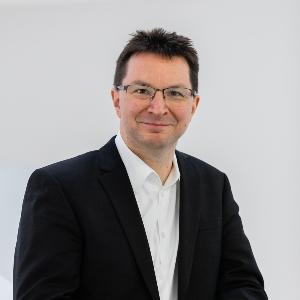
© @die arge lola / Kai Loges + Andreas Langen
"Science means pain for my work on the one hand, because many people react dismissively to unpleasant, scientific findings on anti-Semitism or the climate crisis. But science also gives me distance again and again from the history-less excitement of digitization. When I read good books, I feel happiness and gratitude more than ever."
Dr. Michael Blume is the representative of the state government of Baden-Württemberg against anti-Semitism.
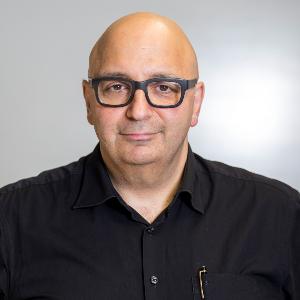
© LMU
"What interests me as a scientist are the interfaces between science and other instances in society, such as politics, business or the media. Especially in times of crisis, many decision-makers depend on scientific knowledge. But the transfer of scientific knowledge into decision-making knowledge is not trivial. Science must increasingly understand this interface problem as a scientific issue."
Prof. Dr. Armin Nassehi holds the Chair of General Sociology and Social Theory at the LMU Munich.
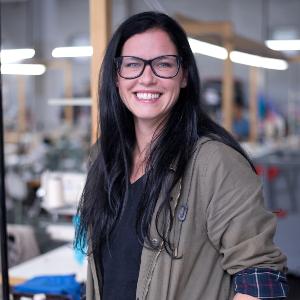
© Barbara Gandenheimer
"Science not only helps in everyday business and social life - for me, science is the basis, because it creates facts on which a secure future is based. The example of the pandemic shows how we got social and economic security through science. The example of the climate crisis shows what we need to do. All thanks to science."
Sina Trinkwalder is a social entrepreneur from Augsburg and former student at LMU.